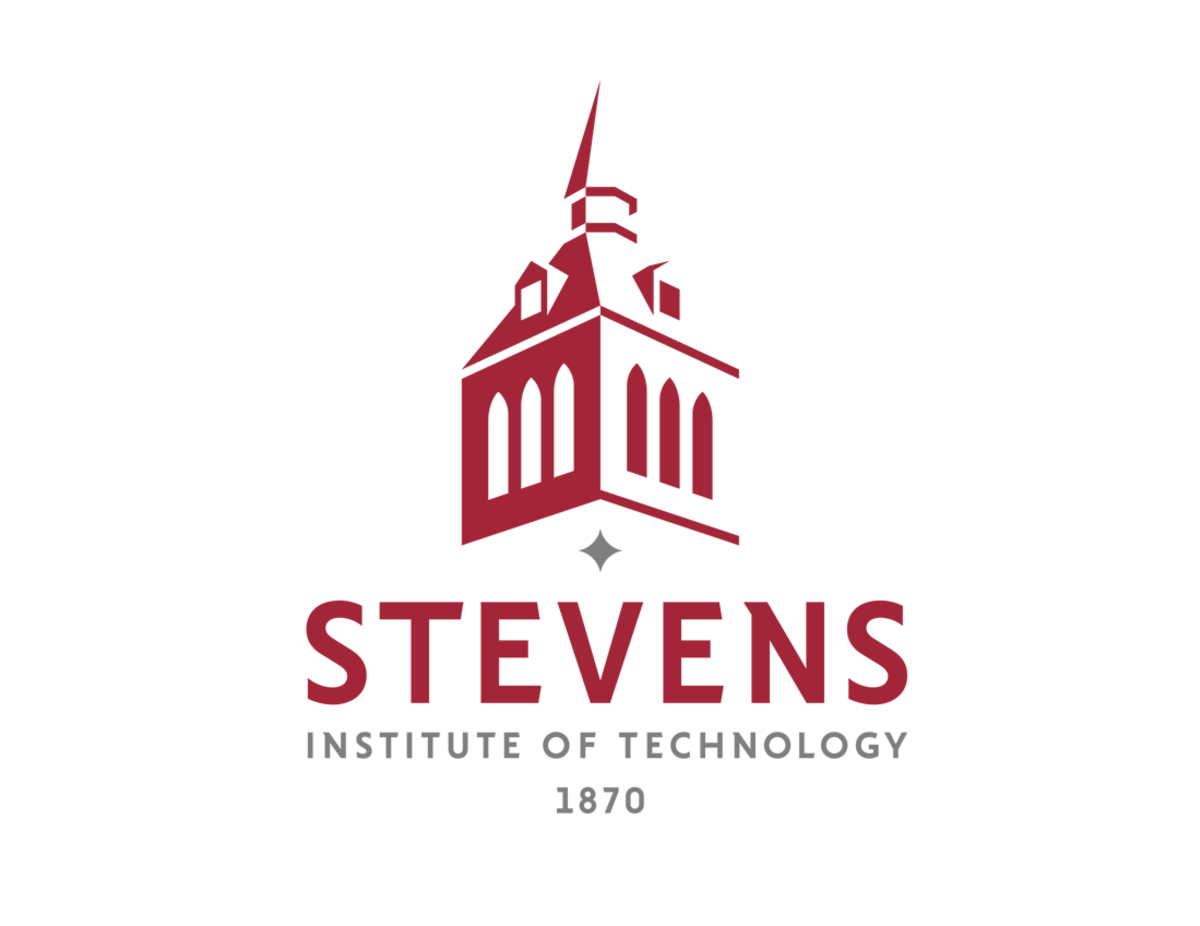
Master's in Business Intelligence & Analytics and Sports Technologies & Digital Transformation Dual Degree Program
Program Details
Degree
Master of ScienceSchool
School of BusinessDepartment
School of Business Graduate ProgramAvailable
On campusStevens School of Business and Escuela Universitaria Real Madrid Universidad Europea (UEM) offer a highly-coordinated dual degree program in Business Intelligence & Analytics and Sports Technologies & Digital Transformation, providing you with a diverse skill set combining technical expertise and digital innovation in a sports industry setting.
In the first year, you will enroll full-time at the Stevens School of Business, taking courses within the Business Intelligence & Analytics program (21 credits). You will also enroll part-time at UEM within the Masters in Sports Technology & Digital Transformation program (15 credits). You will take online courses in the fall and spring semesters. During the summer, you will take three courses at the Escuela Universitaria campus in Madrid, Spain. You will also have an internship with Real Madrid Next and enjoy the "White Week" experience at Santiago Bernabéu Stadium. You will receive a diploma from each school after completion (approximately 12-16 months).
Program Benefits:
Enter The $41-Billion-Dollar Sports Tech Industry: The global sports technology industry is expected to grow 17.3% annually and reach $41.3 billion by 2028, according to a July 2022 report conducted by Polaris Market Research.
Specialized Expertise: Gain the skills to analyze data, derive insights, and apply analytical techniques to solve complex problems in the sports industry.
Internship with Real Madrid Next: Spend a summer studying and working in Madrid, Spain with a guaranteed internship with Real Madrid Next.
Careers:
Data Scientist
Analytics Consultant
Data Privacy Specialist
Business Development Manager
Digital Innovation Manager
Technology Consultant
Attend A Zoom Info Session
To learn more about this exciting program, speak to an advisor or attend an information webinar. Representatives from both Real Madrid Graduate School and Stevens School of Business will be present to answer your questions.
Speak To An Advisor
Can't make it to a Zoom session? Look through our calendar and book a one-on-one session with our advisor.
Book Advisor
Stevens Institute of Technology
Stevens Institute of Technology is a premier, private research university in Hoboken, New Jersey, overlooking the Manhattan skyline. Since its founding in 1870, technological innovation and entrepreneurship have been the hallmarks of Stevens’ education and research. Within the university’s three schools, Stevens prepares its more than 8,000 undergraduate and graduate students for an increasingly complex and technology-centric world. Our exceptional students collaborate closely with world-class faculty in an interdisciplinary, student-centric, entrepreneurial environment, readying them to fuel the innovation economy. Academic and research programs spanning finance, computing, engineering and the arts expand the frontiers of science and leverage technology to confront the most challenging problems of our time. Stevens is consistently ranked among the nation’s leaders in ROI and career services and is in the top 1% nationally of colleges with the highest-paid graduates.
About The MS In Business Intelligence and Analytics Program
Data science has become the ultimate driver of competitive advantage. But few leaders understand the potential of Business Intelligence and Analytics (BI&A), deep learning, and predictive analytics as engines of the enterprise.
The Business Intelligence and Analytics (BI&A) master's program provides a blend of analytical and professional skills to help you become the kind of manager who challenges assumptions and uses data to make evidence-based decisions. At Stevens, you'll master new tools that will help you refine products, services, and strategies while setting the pace for your company in markets undergoing constant, technology-driven change.
The Business Intelligence and Analytics curriculum covers the concepts at the forefront of the data revolution — machine learning, language processing, web mining, optimization, and risk. Classes explore key business concepts while going beyond basics in R, SAS, Hadoop, Python and Spark. The program culminates in a capstone experience in which you'll work on a project, using real data, under the guidance of an industry mentor.
Curriculum for Business Intelligence & Analytics
Courses (21 Credits)
BIA 652 Multivariate Data Analysis I
This course introduces basic methods underlying multivariate analysis through computer applications using R, which is used by many data scientists and is an attractive environment for learning multivariate analysis. Students will master multivariate analysis techniques, including principal components analysis, factor analysis, structural equation modeling, multidimensional scaling, correspondence analysis, cluster analysis, multivariate analysis of variance, discriminant function analysis, logistic regression, as well as other methods used for dimension reduction, pattern recognition, classification, and forecasting. Students will build expertise in applying these techniques to real data through class exercises and a project, and learn how to visualize data and present results. This proficiency will enable students to become sophisticated data analysts, and to help make more informed design, marketing, and business decisions.
MIS 631 Data Management
This 2-credit course focuses on data and database management, with an emphasis on modeling and design, and their application to business decision making. The course provides a conceptual understanding of both organizational and technical issues associated with data. The central theme concerns data modeling and databases. We examine organizational approaches to managing and integrating data. Among the topics included are normalization, entity-relationship modeling, relational database design, SQL, and data definition language (DDL). Discussed are specific applications such as strategic data management, master data management, and physical database design. The course concludes with a brief overview of Decision Support Systems, data warehousing and business intelligence, NoSQL databases (e.g., MongoDB) and cloud computing. The course includes a number of cases studies and modeling and design projects. Students in MIS 631 must also enroll in the associated 1-credit lab course MIS 632 Managing Data Lab.
MIS 632 Data Management LAB
This 1-credit lab course provides an experiential learning component for MIS 631 Data Management for which it is a co-requisite. MIS 632 provides hands-on experience in designing, implementing, and querying data bases. The relevant software is introduced using demonstrations, in-class exercises and homework exercises that are closely tied to and executed in synch with the conceptual and theoretical material covered in MIS 631. Specifically, students will gain hands-on experience in: (i) ERWIN - a widely used commercial tool for representing conceptual (e.g., E-R diagrams) and logical data models (e.g., relational DBMS), (ii) PostgreSQL (relational database software), (iii) SQL Structured Query Language) and (iv) MongoDB a NoSQL document data store. Students in MIS 632 must also be enrolled in the associated 2-credit lecture course MIS 631 Managing Data course.
BIA 658 Social Network Analytics and Visualization
This course introduces concepts and theories of social networks as well as techniques to conduct marketing research from a network perspective. Network concepts covered include graph-theoretic fundamentals, centrality, cohesion, affiliations, equivalence, and roles. Network theories covered include embeddedness, social capital, homophily, and models of network growth. Design issues will also be covered, including data sampling and hypothesis testing. Another focus of this course is on marketing applications of social network analysis, in particular the use of knowledge about network properties and behavior, such as hubs and paths, the robustness of the network, and information cascades, to better broadcast products and search targets. Application areas include customer profiling, community detection, targeting, sentiment analysis, and development of recommendation systems. Knowledge and skills learned in these required courses (e.g., R, python, machine learning) are applied to social network analysis.
MIS 633 Business Intelligence & Data Integration
This 2-credit course focuses on the design and management of data warehouse (DW) and business intelligence (BI) systems. The course is organized around the following general themes: business value of data, planning and business requirements, architecture, data design, implementation, business intelligence, deployment, data integration and emerging issues. Practical examples and case studies are presented throughout the course. Students in MIS 633 must also enroll in the associated 1-credit lab course MIS 634 Business Intelligence & Data Integration Lab.
MIS 634 Business Intelligence & Data Integration - LAB
This 1-credit lab course provides an experiential learning component for MIS 633 ML Engineering 2 for which it is a co-requisite. MIS 634 provides hands-on experience in designing, implementing, and querying data warehouses and large-scale database systems. The relevant software is introduced using demonstrations, in-class exercises and homework exercises that are closely tied to and executed in synch with the conceptual and theoretical material covered in MIS 633. Specifically, students will gain hands-on experience in using: (i) Alteryx - a widely used commercial tool for the Extract-Transform- Load (ETL) function, (ii) ERWIN - a widely used commercial tool for representing conceptual (e.g., E-R diagrams) and logical data models (e.g., relational DBMS) and (iii) a NoSQL database (e.g., MongoDB). Students in MIS 634 must also be enrolled in the associated 2-credit lecture course MIS 633 Business Intelligence & Data Integration course.
MIS 637 Data Analytics and Machine Learning
This course will focus on Data Mining & Knowledge Discovery Algorithms and their applications in solving real world business and operation problems. We concentrate on demonstrating how discovering the hidden knowledge in corporate databases will help managers to make near-real time intelligent business and operation decisions. The course will begin with an introduction to Data Mining and Knowledge Discovery in Databases. Methodological and practical aspects of knowledge discovery algorithms including: Data Preprocessing, k-Nearest Neighborhood algorithm, Machine Learning and Decision Trees, Artificial Neural Networks, Clustering, and Algorithm Evaluation Techniques will be covered. Practical examples and case studies will be present throughout the course.
BIA 650 Optimization and Process Analytics
This course covers basic concepts in optimization and heuristic search with an emphasis on process improvement and optimization. This course emphasizes the application of mathematical optimization models over the underlying mathematics of their algorithms. While the skills developed in this course can be applied to a very broad range of business problems, the practice examples and student exercises will focus on the following areas: healthcare, logistics and supply chain optimization, capital budgeting, asset management, portfolio analysis. Most of the student exercises will involve the use of Microsoft Excel’s "Solver" add-on package for mathematical optimization.
BIA 672 Marketing Analytics
In this course, students will learn about marketing analytics techniques such as segmentation, positioning, and forecasting, which form the cornerstone of marketing strategy in the industry. Students will work on cases and data from real companies, analyze the data, and learn to present their conclusions and make strategic recommendations.
Escuela Universitaria Real Madrid Universidad Europea
Universidad Europea's mission is to provide our students with a holistic education and shape leaders and professionals who are prepared to respond to the demands of a global world. In addition, Universidad Europea aims to empower our students to add value to their professional fields and contribute to social progress with their entrepreneurial spirit and ethical values. Universidad Europea also aim to generate and share knowledge through applied research, while also contributing to societal progress in order to place us at the forefront of intellectual and technical development.
Curriculum for Sports Tech Program
Courses (15 Credits)
M2 Sports Performance
M3 Big Data and AI in Sports Management
M6 Smart Venues
M8 Sports Technologies
M10 Internships






